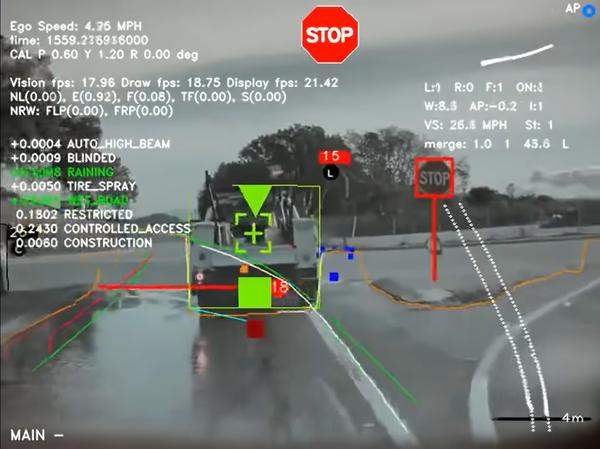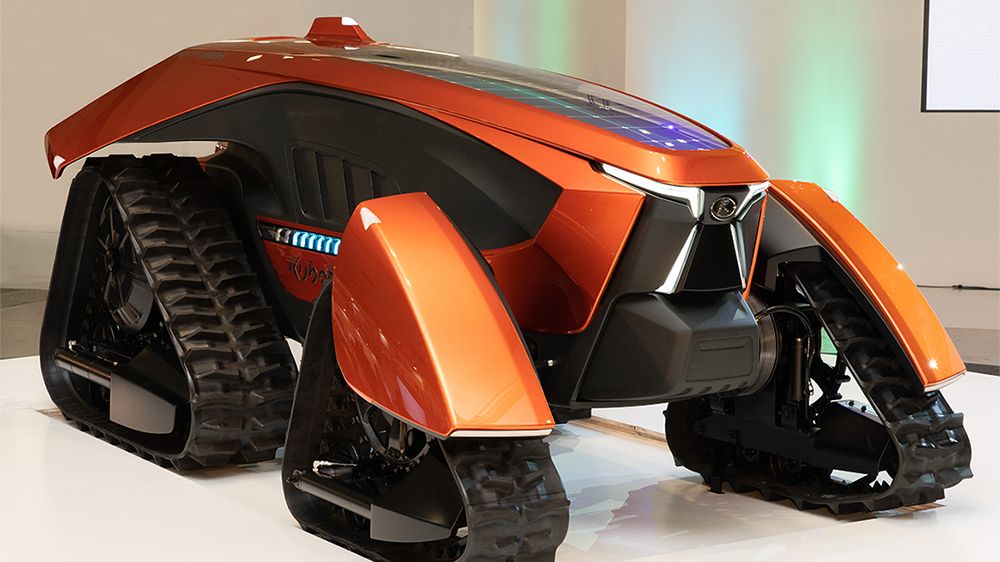It’s always exciting when you can bridge two different physical concepts that seem to have nothing in common—and it’s even more thrilling when the results have as broad a range of possible fields of application as from fault-tolerant quantum computation to quantum gravity.
Physicists love to draw connections between distinct ideas, interconnecting concepts and theories to uncover new structure in the landscape of scientific knowledge. Put together information theory with quantum mechanics and you’ve opened a whole new field of quantum information theory. More recently, machine learning tools have been combined with many-body physics to find new ways to identify phases of matter, and ideas from quantum computing were applied to Pozner molecules to obtain new plausible models of how the brain might work.
In a recent contribution, my collaborators and I took a shot at combining the two physical concepts of quantum error correction and physical symmetries. What can we say about a quantum error-correcting code that conforms to a physical symmetry? Surprisingly, a continuous symmetry prevents the code from doing its job: A code can conform well to the symmetry, or it can correct against errors accurately, but it cannot do both simultaneously.






